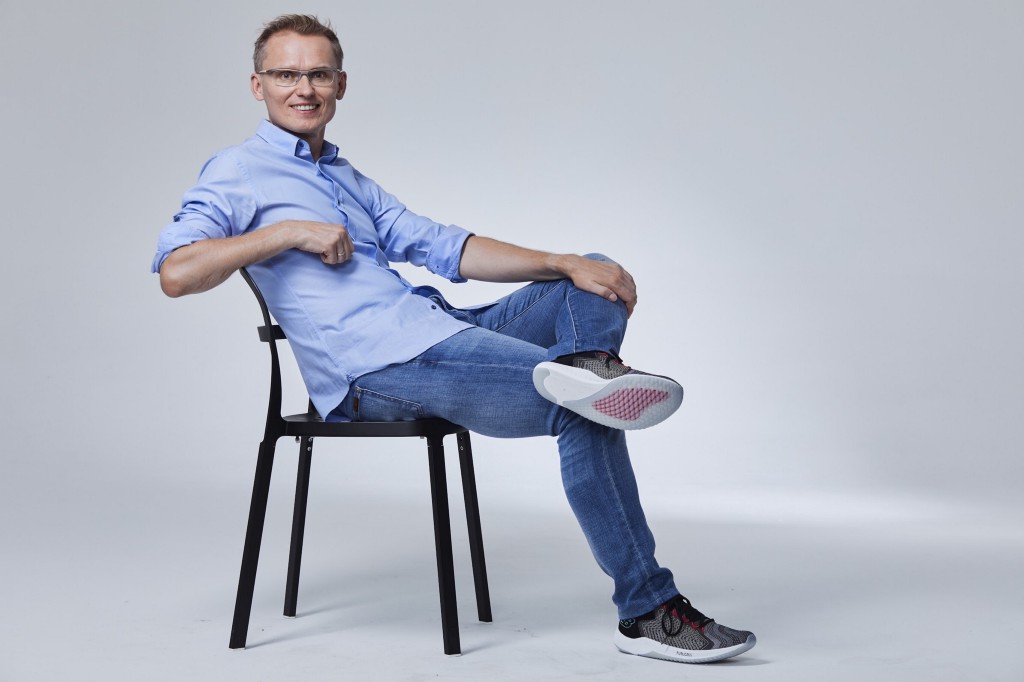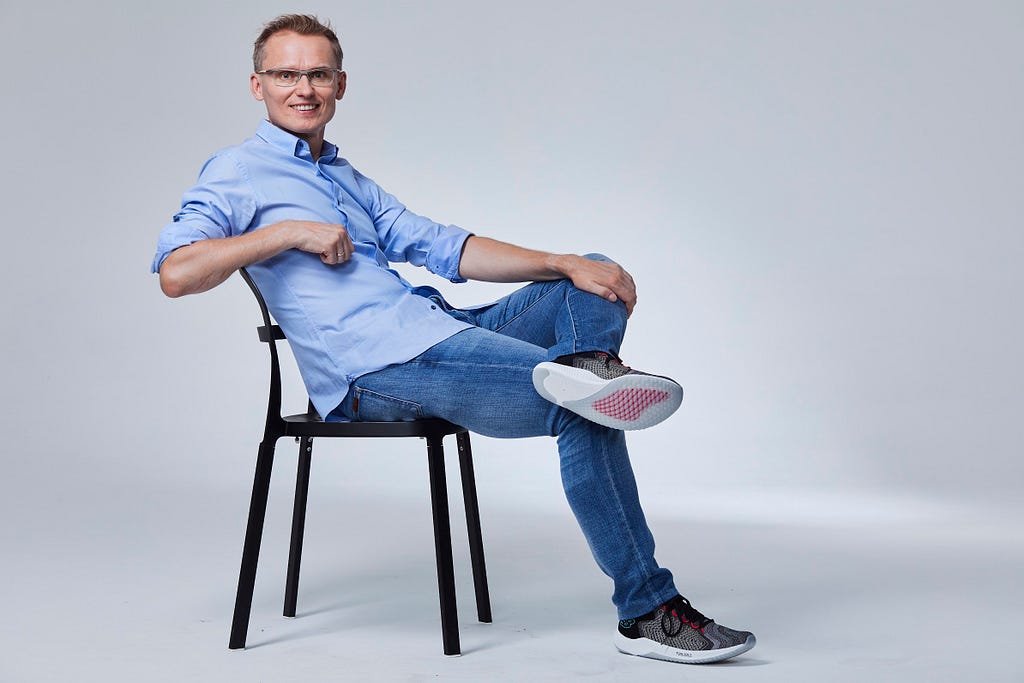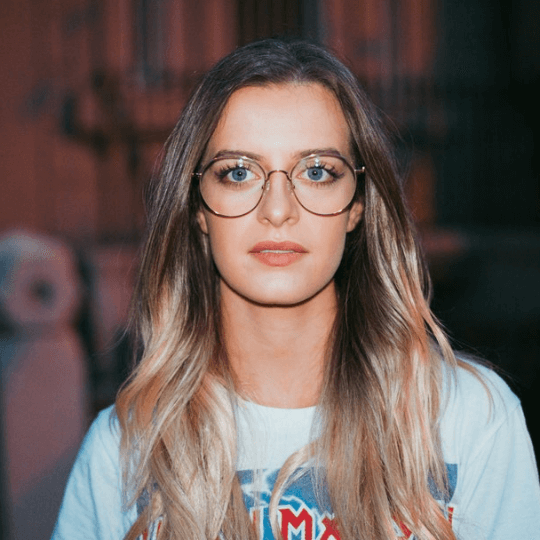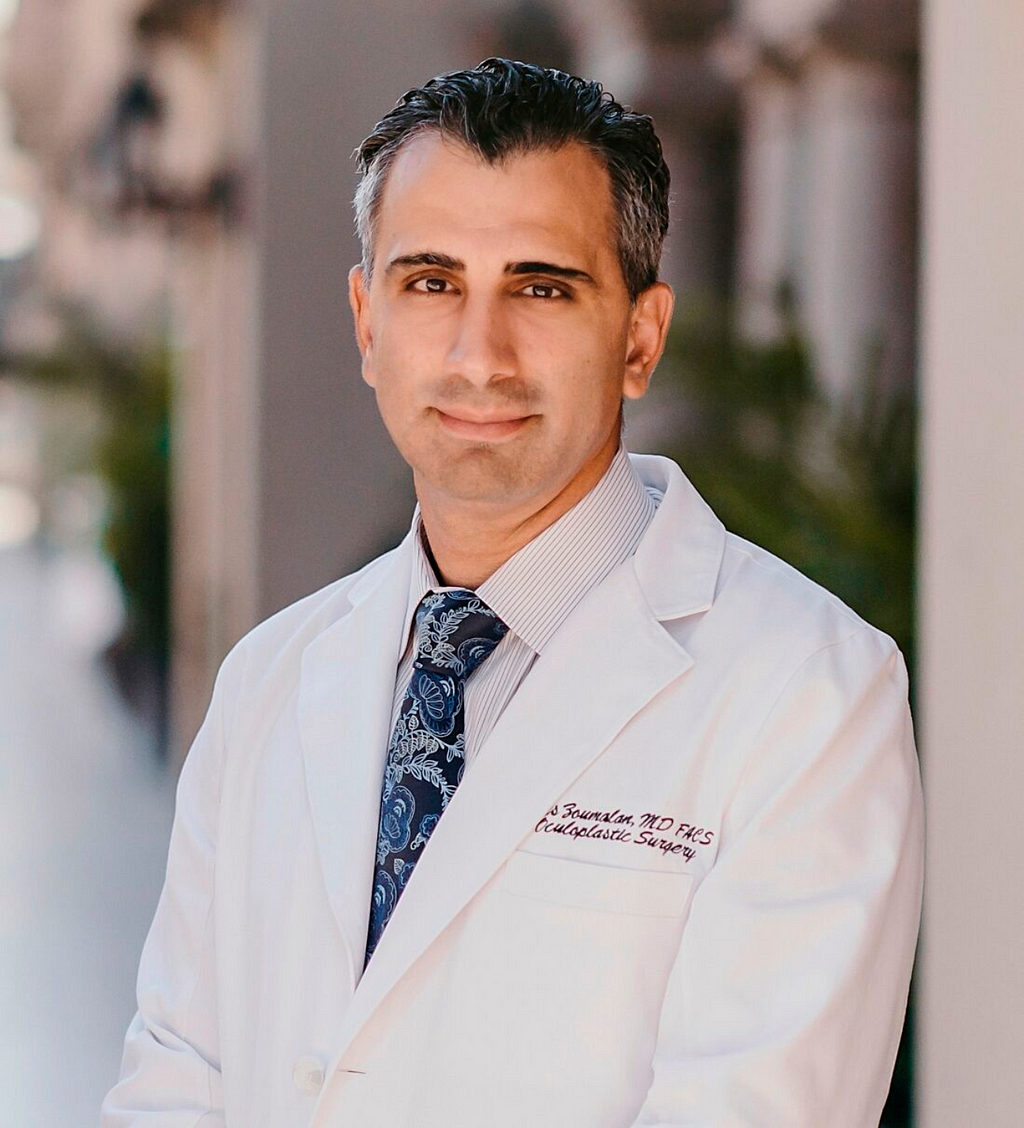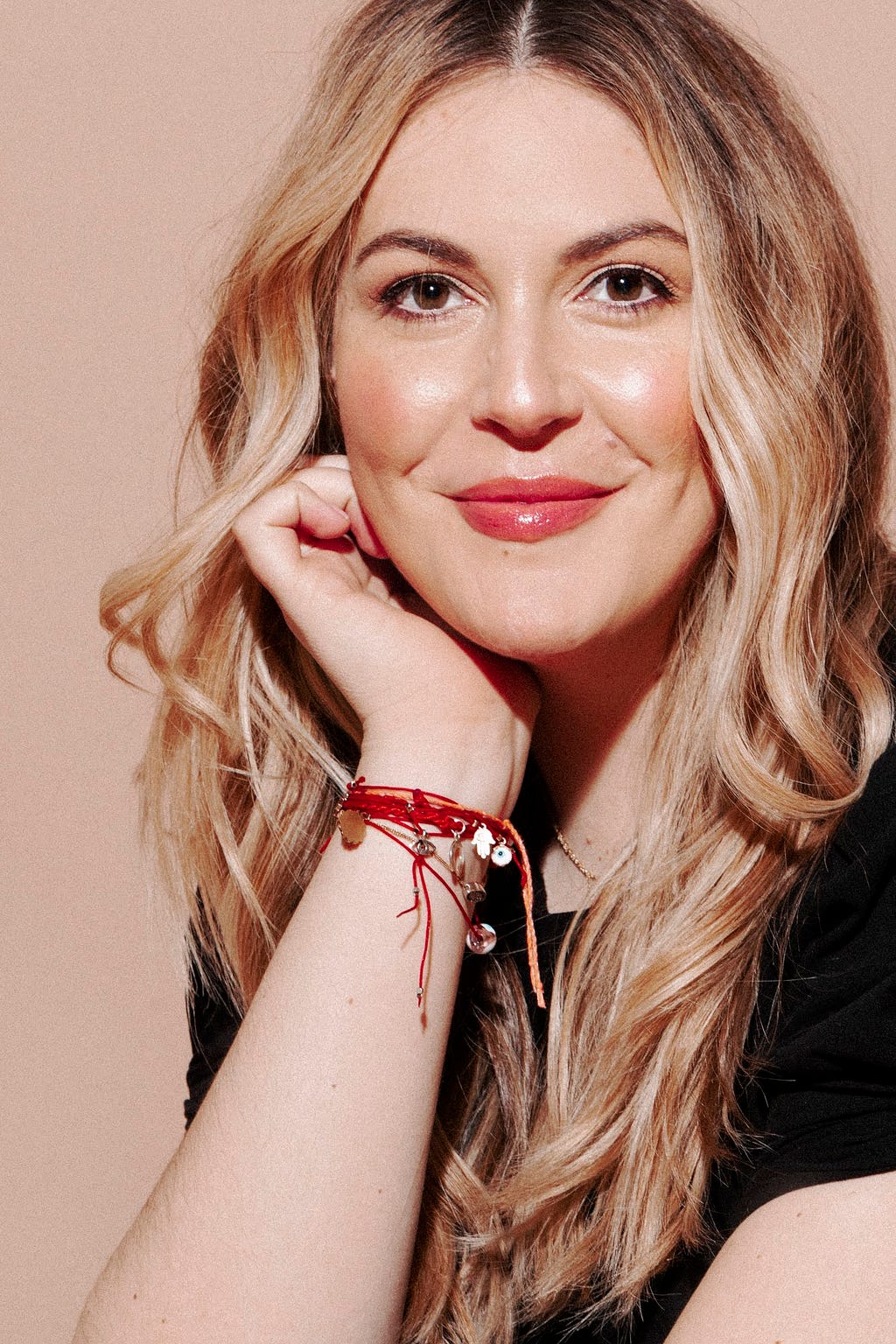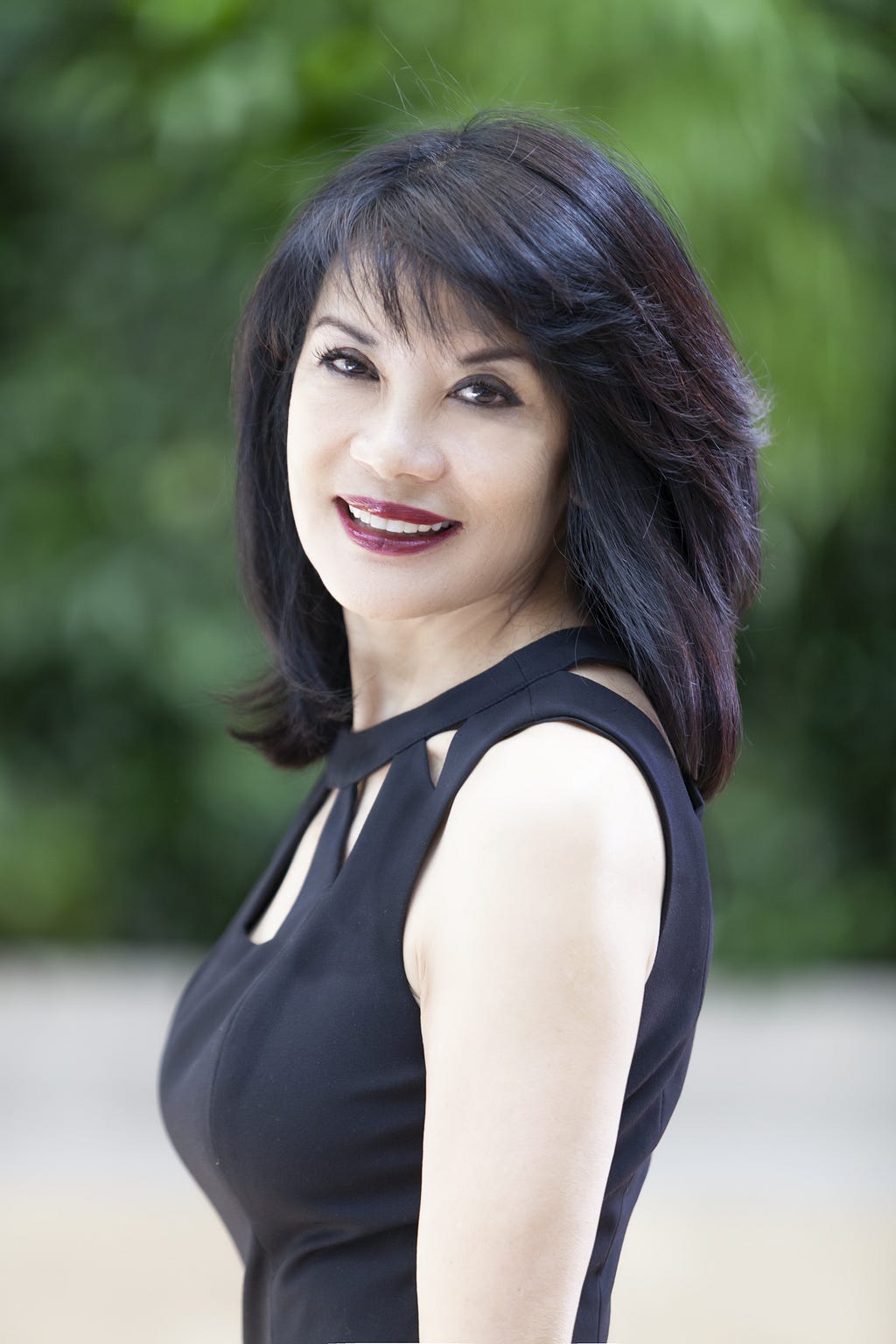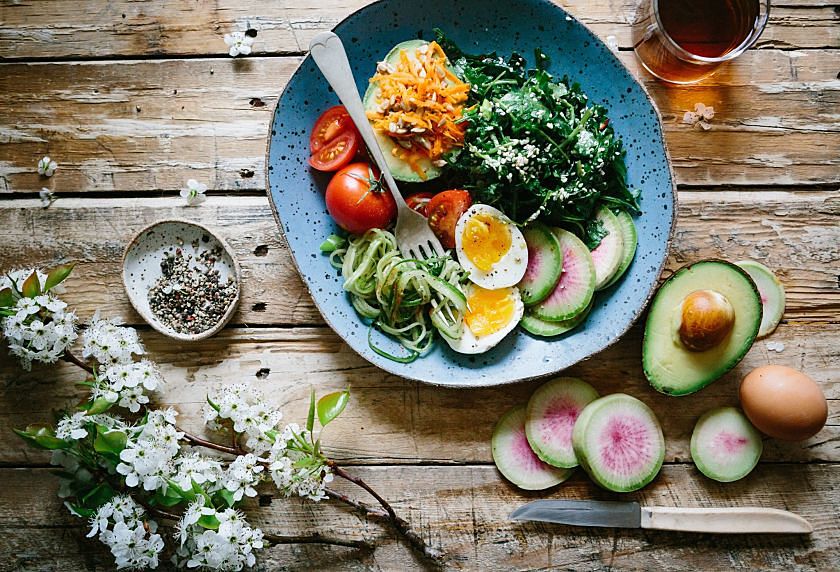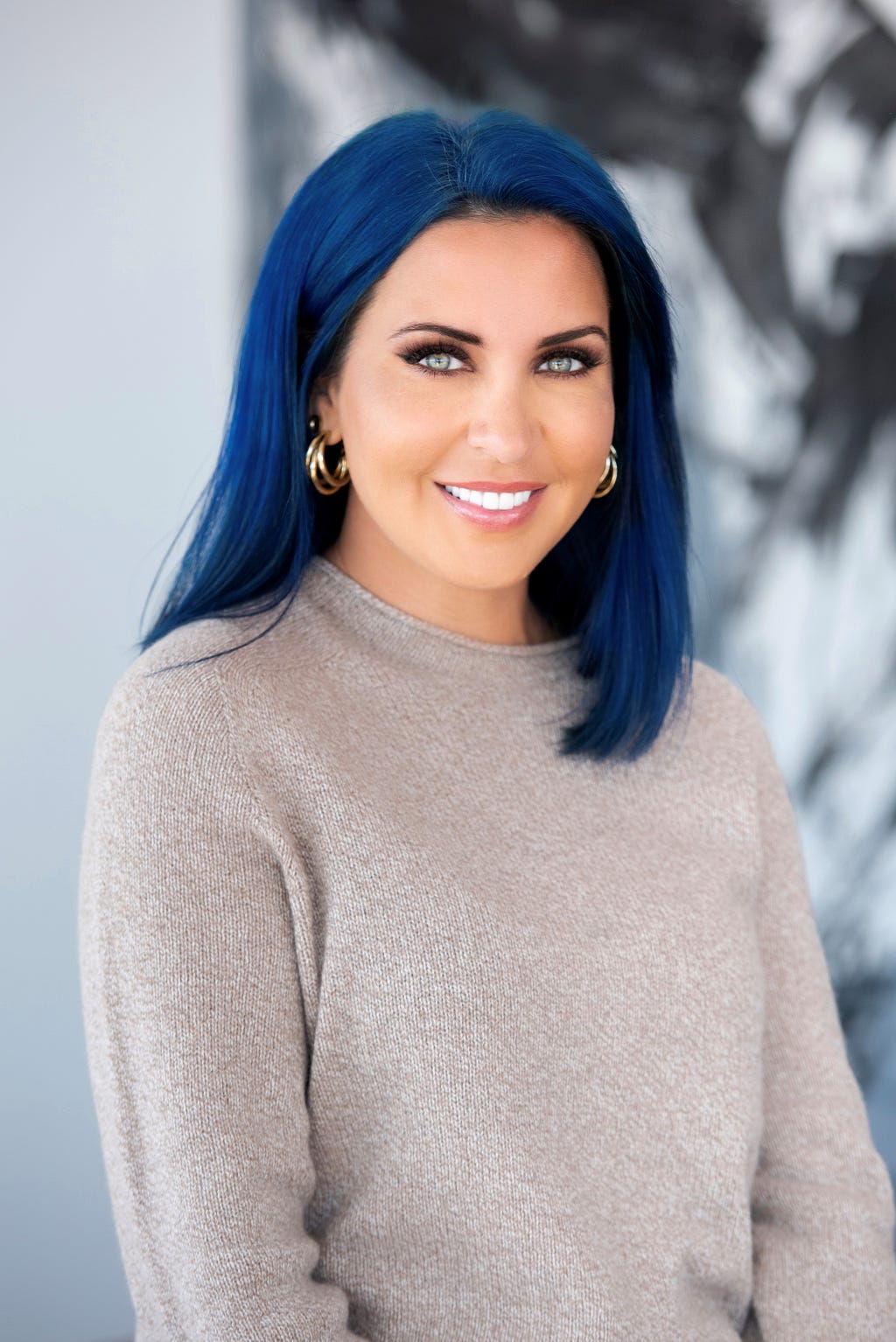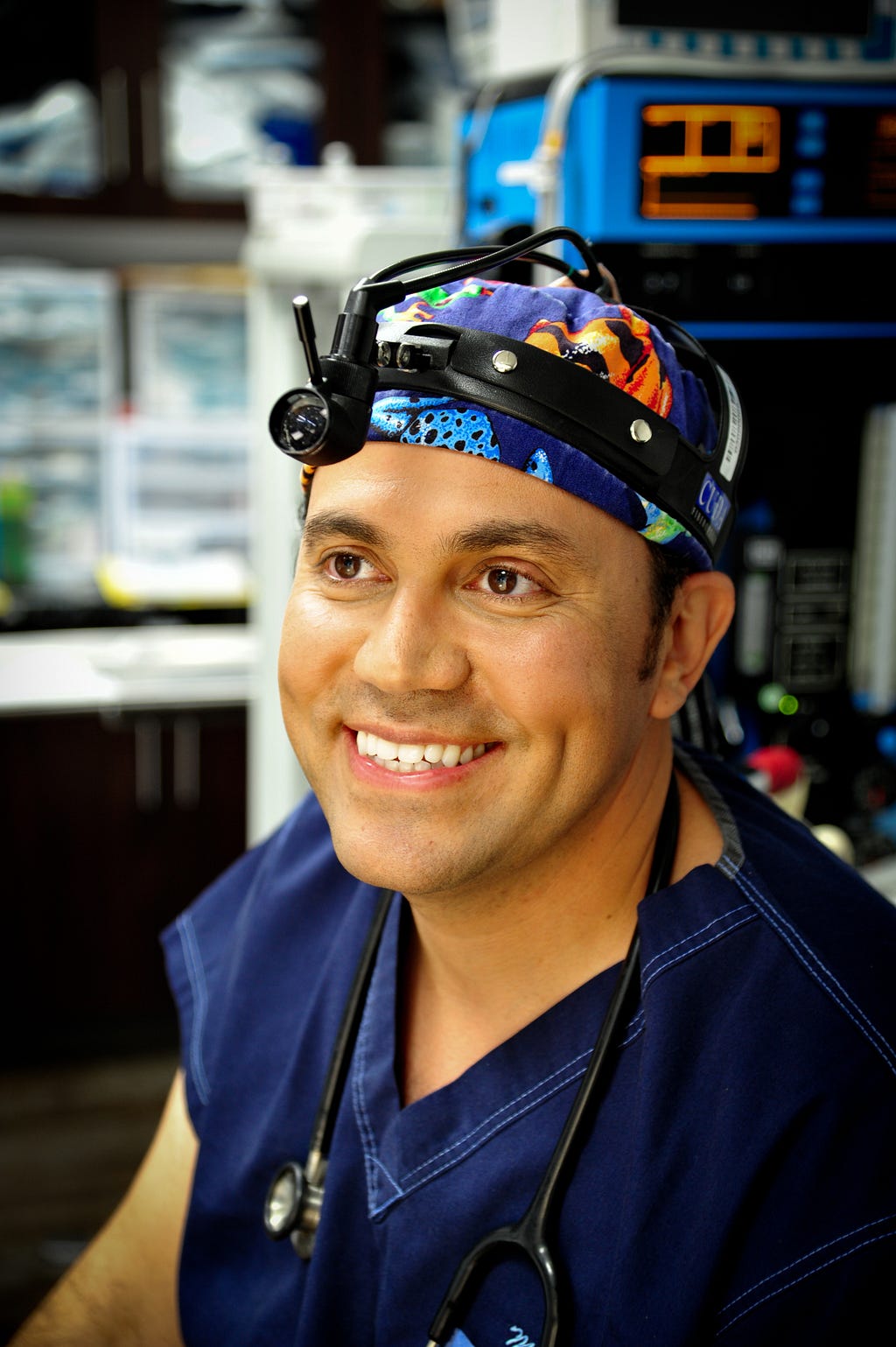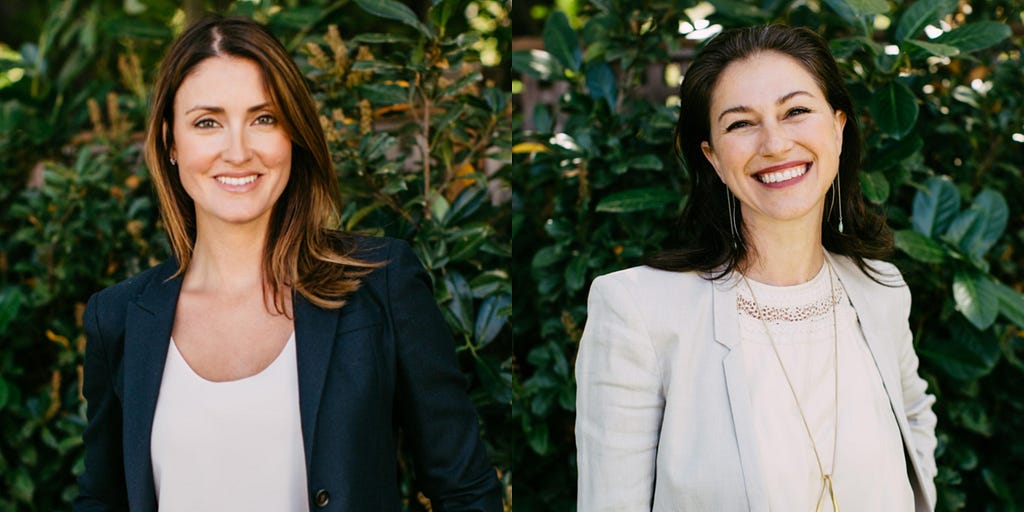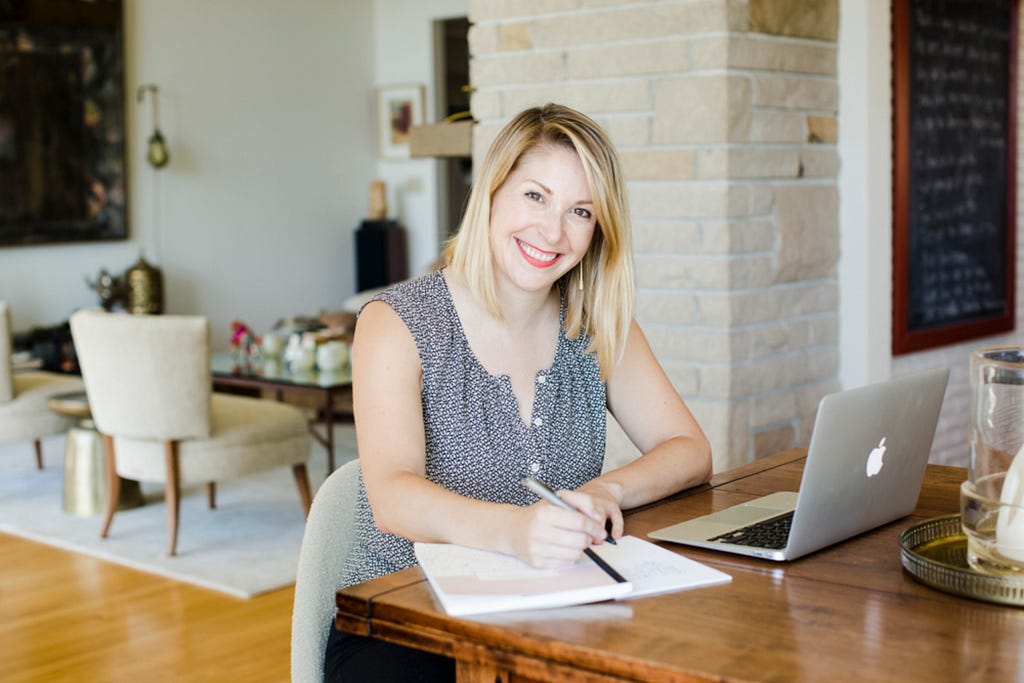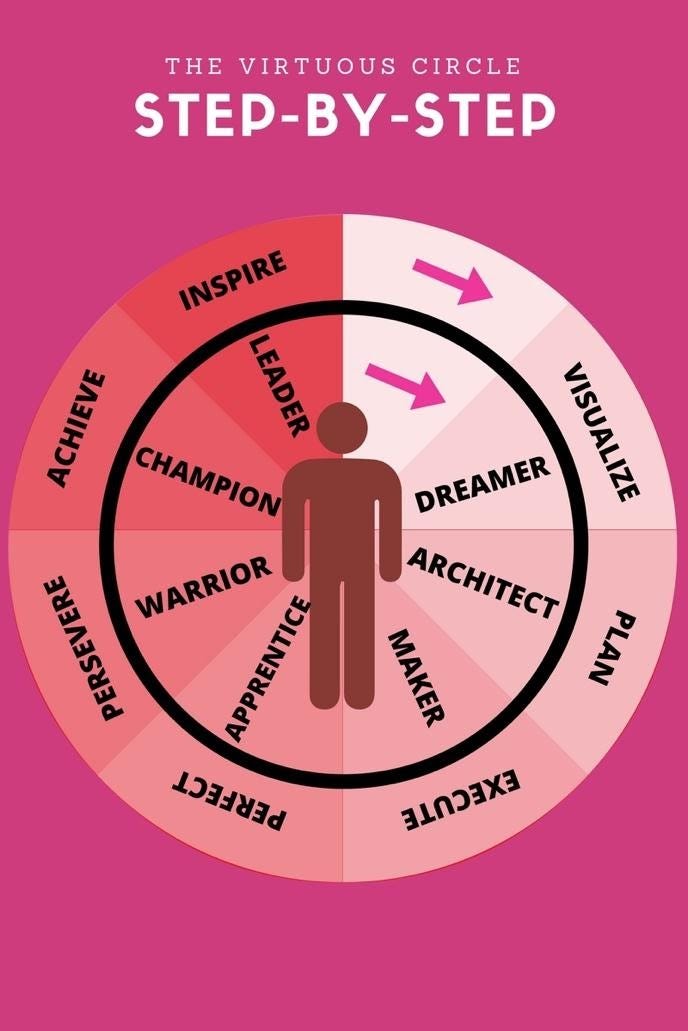The Future Of Beauty: “Energy devices that can stimulate muscles and reduce fat” With Dr. Bill G Kortesis

…Oh wow! Where to even begin? There are SO MANY incredible things happening in beauty tech right now.
Energy devices are ground breaking right now. Some of the tech is truly remarkable in its ability to stimulate muscles and reduce fat in ways we never thought possible outside of surgery.
I am also excited about the individualized fillers and neurotoxins becoming available. To have the ability to target certain body parts and achieve the desired results of that specific body part is game-changing.
And ergonomic breast implants that are cohesive (stable) but also malleable and feel like a natural breast. They can be truly life-changing on a reconstructive level.
I had the pleasure of interviewing Dr. Bill G. Kortesis, MD, FACS.
Dr. Kortesis is an award-winning, board-certified plastic surgeon specializing in both reconstructive and cosmetic surgery. Dr. Kortesis earned his Bachelor of Arts in History from the University of North Carolina in Chapel Hill and his graduate education at Wake Forest School of Medicine. In addition to being a co-owner and partner with HKB Cosmetic Surgery in Charlotte, North Carolina, Dr. Kortesis is active on fourteen medical advisory and/or tech advisory boards. He also travels globally as a speaker and educator regarding topics ranging from “Post Modern Ways of Reaching and Connecting with Patients” to “Trends in Fat Grafting to Optimize Aesthetic Outcomes”. To help foster the next generation of aesthetic medical breakthroughs and advancements, and massively improve the future of beauty for every human being, he’s partnered with stakeholders, entrepreneurs, and small business owners to help facilitate funding and investments for medical startups. By staying at the forefront of cutting-edge advancements and investing in med-tech startups, he believes we can modernize the standard of care, deliver an unparalleled patient experience, and usher in the next generation of aesthetic medical breakthroughs.
Thank you so much for doing this with us! Before we dive in, our readers would love to learn a bit more about you. Can you tell us a story about what brought you to this specific career path?
I’ve always known that I wanted to be a doctor. It was a dream of mine from watching all of the medical television shows as a child. Shout out to Neil Patrick Harris, aka, Doogie Howser, M.D!
I was raised by immigrant parents who instilled a strong work ethic in me and instilled the desire to do better for the family and help everyone back home in Greece.
Once I started medical school, I thought for sure I was going to be a surgeon and when I did my plastic surgery rotation, I fell in love. I realized that I wanted to improve people’s confidence and provide them with a greater sense of self in any way that I could. There are so many beautiful things about this specialty that allows the opportunity to do such a variety of surgical procedures on all ages and all types of people.
On top of being a surgeon, I felt I needed to do more. I realized that I still had more to give within my field and the business side to the aesthetic industry always intrigued me. One of the main reasons I started plastic surgery was its link to business acumen.
Growing the aesthetic industry as a whole has been my passion. I am obsessed with making it better for patients and society as a whole.
Can you share the most interesting story that happened to you since you began your career?
I went on a mission trip to Bolivia and helped a lot of burn victims, which were children. As the mission trip was coming to a close, the community celebrated us with a parade. The entire experience was very emotional and I will never ever forget it.
Are you able to identify a “tipping point” in your career when you started to see success? Did you start doing anything different? Are there takeaways or lessons that others can learn from that?
The big thing for me was/is always striving to do better and answering the drive from within to always make success mandatory and not settle for less.
It’s funny, in a way, because I still don’t consider myself a success. Is success ever truly reached?
There is so much more to do and more to accomplish. So much more to grow, so many more people to help, and much more to impact. The journey truly never ends when the calling is so great.
Lessons: Always be the hardest worker in the room and always aim to make those around you better.
Lead by example.
Be humble and be hungry.
None of us are able to achieve success without some help along the way. Is there a particular person to whom you are grateful who helped get you to where you are? Can you share a story about that?
My parents showed me the value of perseverance. Through their experiences and through mine, I can say for a fact that with hard work and the tools God gives, dreams can be reality.
Honestly, every person I have met along the way gave me a piece of themselves to help me shine. This isn’t lost on me and that is why I am so dedicated to giving back and paying it forward.
Ok super. Let’s now shift to the main part of our discussion. The beauty industry today has access to technology that was inconceivable only a short time ago. Can you tell us about the “cutting edge” (pardon the pun) technologies that you are working with or introducing? How do you think that will help people?
Oh wow! Where to even begin? There are SO MANY incredible things happening in beauty tech right now.
Energy devices are ground breaking right now. Some of the tech is truly remarkable in its ability to stimulate muscles and reduce fat in ways we never thought possible outside of surgery.
I am also excited about the individualized fillers and neurotoxins becoming available. To have the ability to target certain body parts and achieve the desired results of that specific body part is game-changing.
And ergonomic breast implants that are cohesive (stable) but also malleable and feel like a natural breast. They can be truly life-changing on a reconstructive level.
Keeping “Black Mirror” and the “Law of Unintended Consequences” in mind, can you see any potential drawbacks about this technology that people should think more deeply about?
People should think about maintenance. For instance, say a patient gets amazing results with fat reduction in a certain area, if the patient starts fluctuating in weight rather than maintaining his or her weight, fat can be redistributed in certain areas and it can look very awkward.
Can you share 3 things that most excite you about the “beauty-tech” industry?
- Energy-based devices that are changing things at the cellular level
- Longer acting neuromodulators
- Ergonomic implants
Can you share 3 things that most concern you about the industry? If you had the ability to implement 3 ways to reform or improve the industry, what would you suggest?
Accessibility concerns me. I want all patients to have access to the BEST treatments from reliable providers.
We need exponential growth of ways to avoid actual surgery. If every cosmetic procedure could have a nonsurgical variance that provides the same results as an actual invasive surgery, that would be considered a success of unparalleled proportion. (It would also lend itself to bettering the accessibility concern I mentioned before.)
I want more regenerative products available. The human body fixing itself with human-like products is always the best-case scenario.
You are an expert about beauty. Can you share 5 ideas that anyone can use “to feel beautiful”? (Please share a story or example for each.)
Invest in things that give you confidence! Confidence is everything because if you feel good about yourself, it radiates to the world. If you have something that is keeping you from projecting your best self, you deserve the opportunity to change it.
Some things that can raise your confidence:
I know it sounds simple, and maybe even old-fashioned, but USE SUNSCREEN. If it doesn’t make you feel beautiful now, it will in about ten years.
Botox and fillers can tackle such big for such little effort. There is a reason these are “classic” cosmetic procedures . . . they work and are reliable. Classics are classics for a reason!
Microneedling with RF energy or with retinol. I have seen some dramatic results on deep lines and wrinkles with this procedure. Energy technology is here to stay and it’s only getting better. It’s truly incredible!
While beauty is definitely not just skin deep, use a medical-grade skincare. People who take care of their skin and protect it have better self-confidence because our skin is a big part of first impressions.
Mostly, surround yourself with people who make you FEEL beautiful. I have patients who, by society’s standards, are the perfect example of outward beauty, but they have very distorted perceptions of their beauty and value due to outside influences.
Be happy and always smiling! These two simple things really bring out one’s inner beauty.
You are a person of great influence. If you could inspire a movement that would bring the most amount of good to the most amount of people, what would that be? You never know what your idea can trigger. 🙂
I wouldn’t say it is a movement but it is something I see our world lacking in right now and that is empathy. If empathizing doesn’t come naturally to someone, they should make a concerted effort to practice it. I genuinely believe that if people would wake up every day pledging to have empathy, we would see a world-wide positive shift.
Can you please give us your favorite “Life Lesson Quote”? Can you share how that was relevant to you in your life?
“Obsession is not-optional.”
As Kobe Bryant once said, “If you want to be great in a particular area, you have to obsess over it. A lot of people say they want to be great, but they’re not willing to make the sacrifices necessary to achieve greatness. They have other concerns, whether important or not, and they spread themselves out.”
It’s relevant in my life every single day. When you truly want something, and I mean TRULY want it, you have wake up every single day and work hard for it. Even on days you may not feel like it. Get up. Show up. Empathize. Love.
How can our readers follow you online?
You can visit my personal website www.drbillkortesis.com for everything I have going on outside of my office and you can visit www.hkbsurgery.com for everything inside the office. You can also find me on Facebook, Instagram, LinkedIn & Twitter, just search for Bill Kortesis MD.
Thank you so much for joining us. This was very inspirational.
Thank you! It was my absolute pleasure.
The Future Of Beauty: “Energy devices that can stimulate muscles and reduce fat” With Dr. was originally published in Authority Magazine on Medium, where people are continuing the conversation by highlighting and responding to this story.



